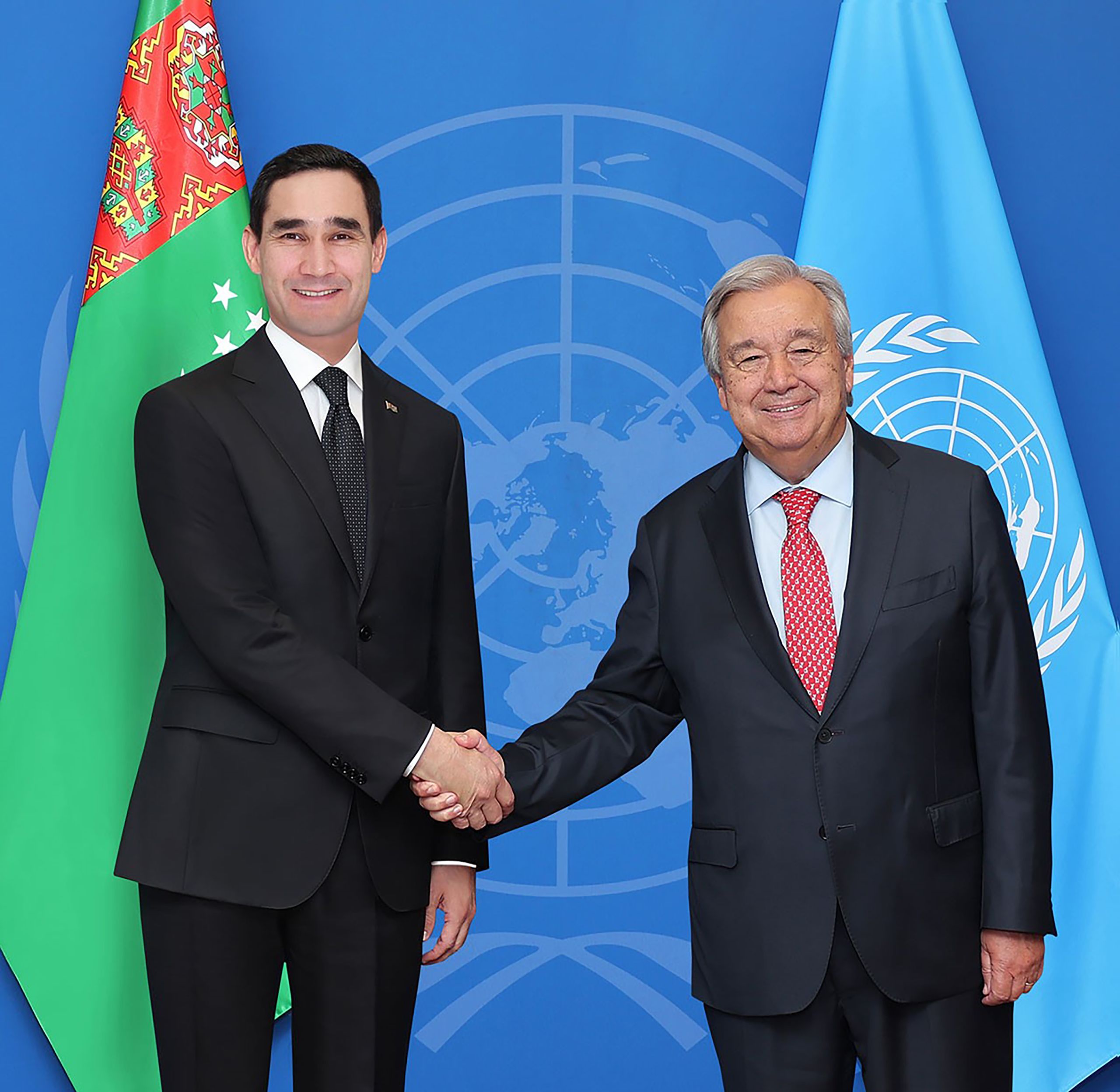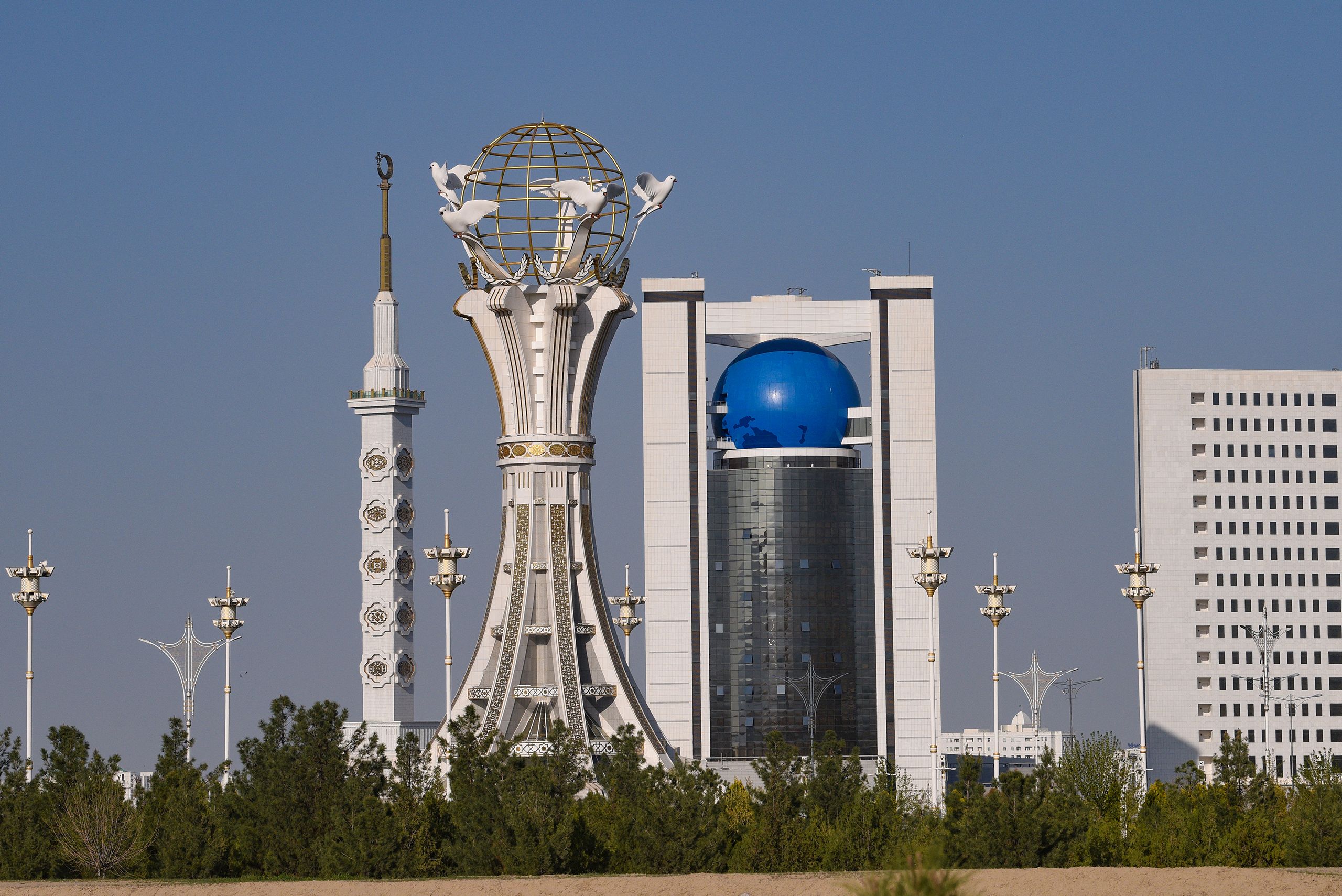NATIONAL DAY MESSAGE
Ambassador of Turkmenistan His Excellency Yazmurad Seryaev writes on his country’s 30th Anniversary of Neutrality, in the context of region stability and international security
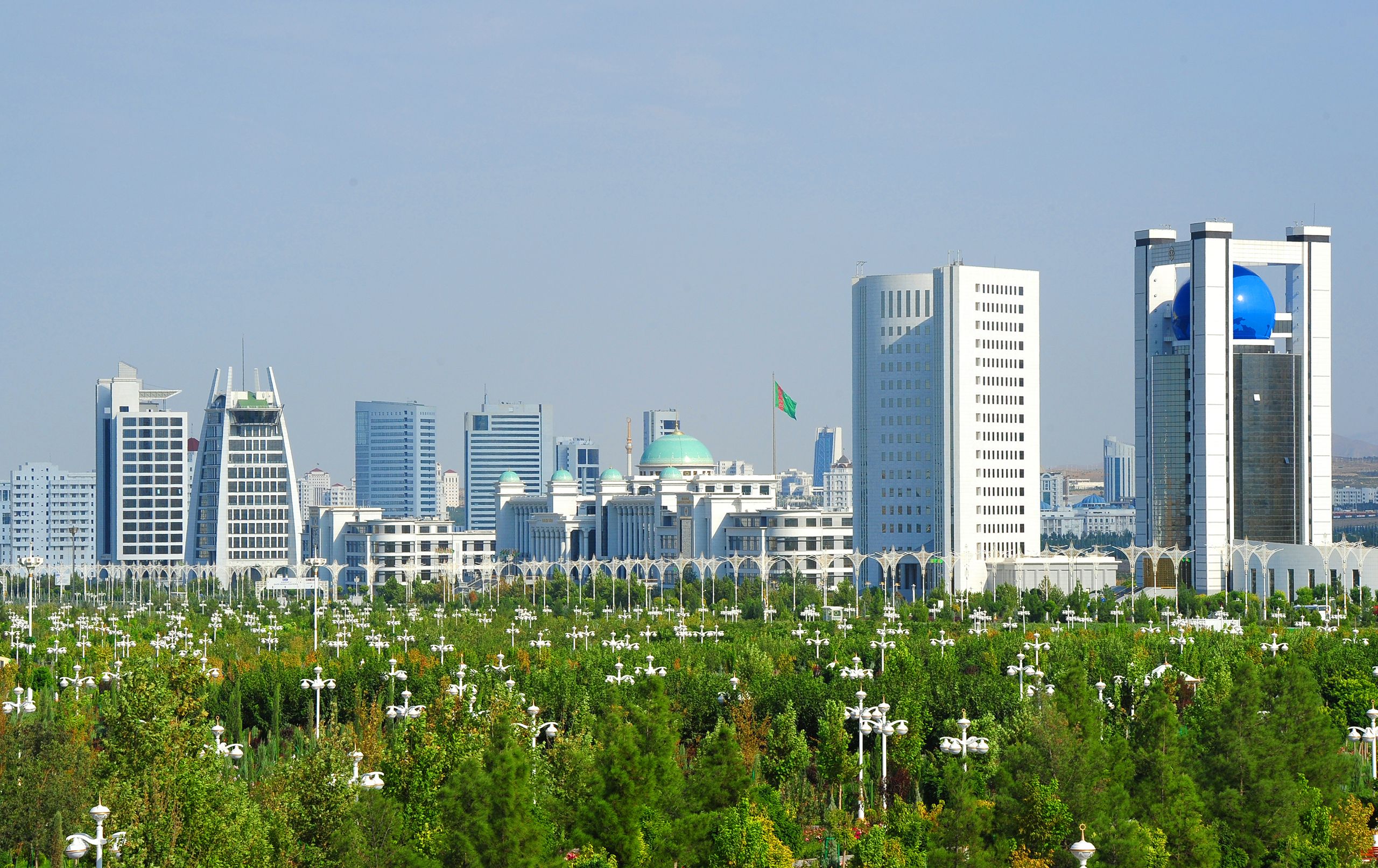
This year, Turkmenistan celebrates one of its most important achievements: the 30th anniversary of recognition by the international community of the country’s legal status of permanent neutrality in accordance with the UN General Assembly Resolution.
During its 30-year history, the international political phenomenon of Turkmenistan’s permanent neutrality has offered an effective system of international security in the region and the wider world, as well as a foreign policy model for the successful and independent development of the state.
President of Turkmenistan HE Mr Serdar Berdimuhamedov, and Secretary-General of the United Nations Mr Antonio Guterres
President of Turkmenistan HE Mr Serdar Berdimuhamedov, and Secretary-General of the United Nations Mr Antonio Guterres
Turkmenistan’s positive neutrality has been instrumental in the country’s active role in the region and beyond, promoting stability, good neighbourly relations, and regional cooperation. Turkmenistan offers its neutral space for political meetings and conferences that require a subtle political approach.
Turkmenistan firmly supports political and diplomatic ways of settling any internal and interstate conflicts. They are opposed to military solutions and can act as a foundation for sustainable peace and stability.
For example, Ashgabat has hosted several rounds of inter-Tajik and inter-Afghan talks, which contributed to a significant resolution of the regional conflict in Tajikistan and helped identify common ground between opposing sides in Afghanistan.
Following the country’s independence in 1991, a key question emerged: what role would sovereign Turkmenistan play on the world stage? The answer was found in the policy of neutrality. Before the UN recognised Turkmenistan’s permanent neutrality, the country declared its intentions at various international platforms with gatherings of heads of state or government: at the 1992 Conference for Security and Co-operation in Europe in Helsinki; at the March 1995 Economic Cooperation Organisation summit in Islamabad; and the October 1995 Summit of the Non-Aligned Movement in Cartagena, Colombia.
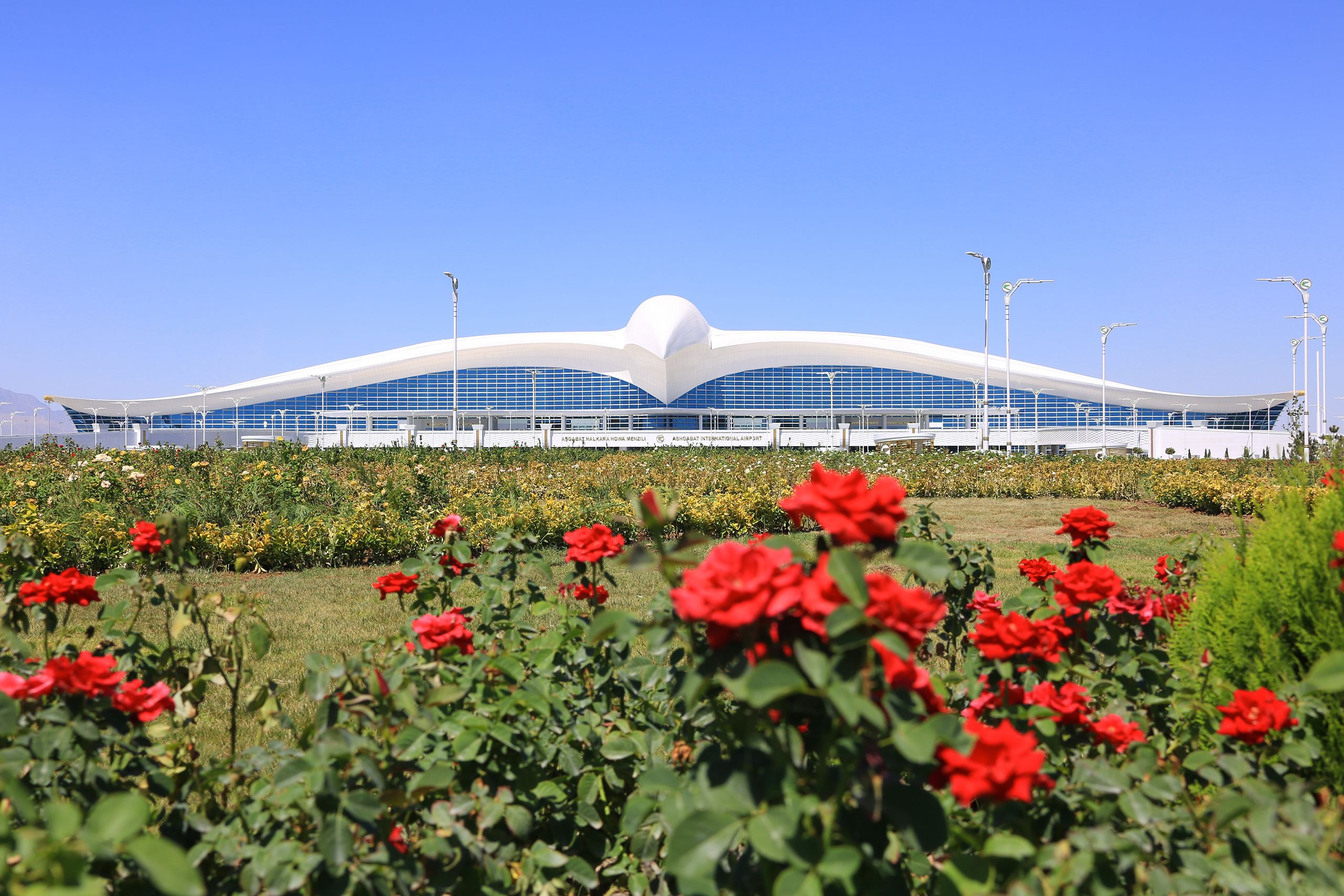
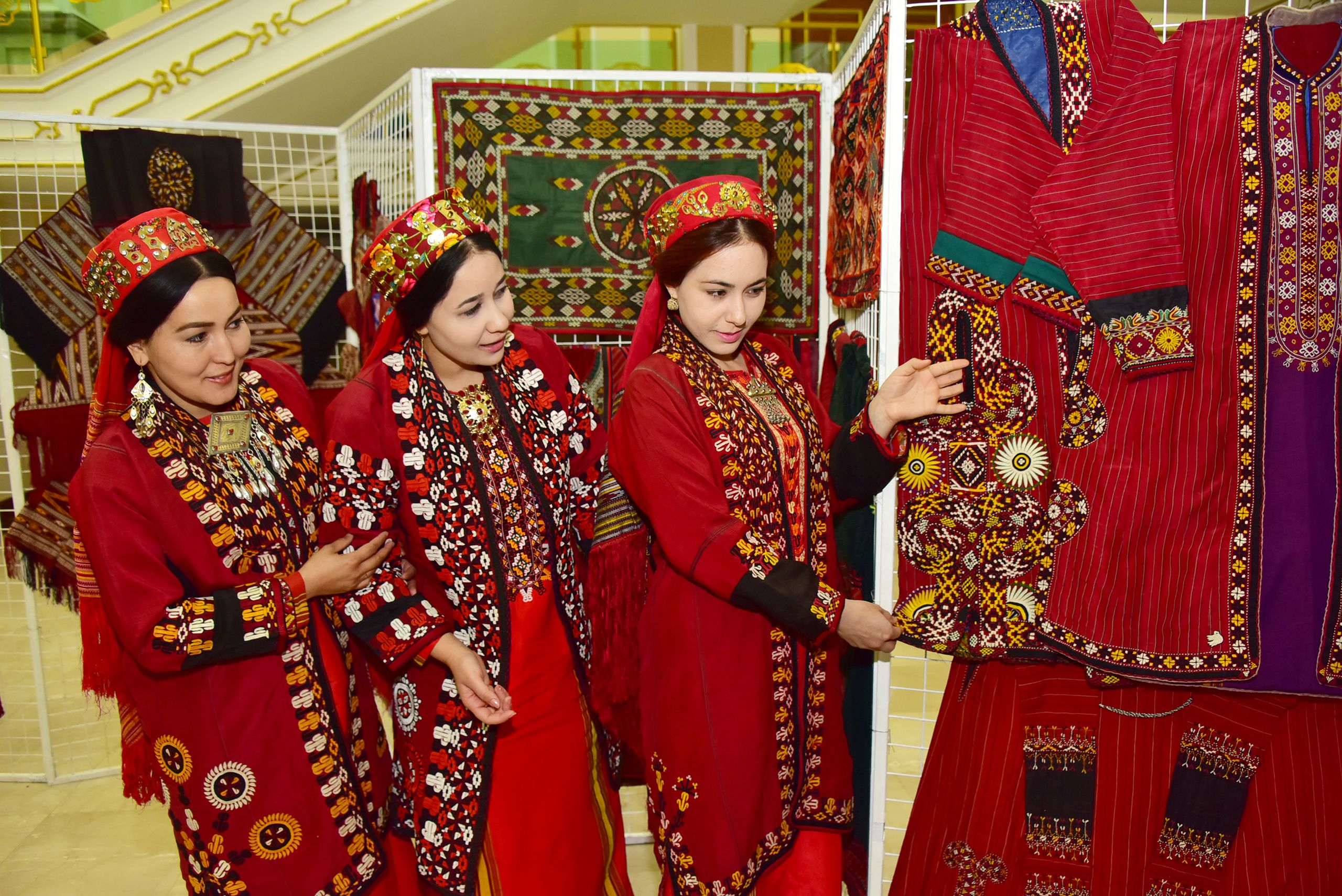
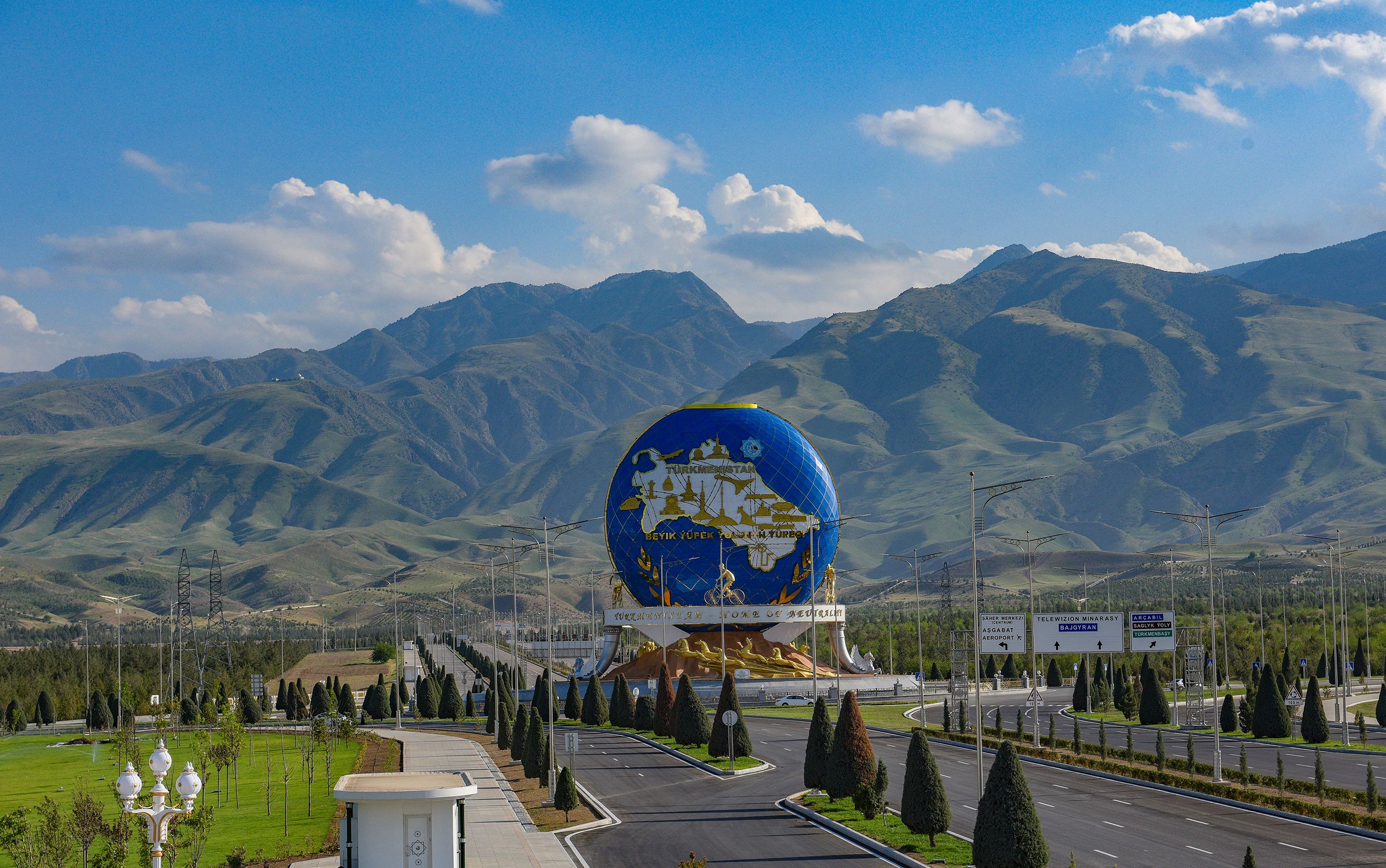
Turkmenistan offers its neutral space for political meetings and conferences that require a subtle political approach
On 12 December 1995, 185 UN member states adopted a resolution on the ‘Permanent neutrality of Turkmenistan’ for the first time. Turkmenistan became the first state whose neutrality was officially recognised at this level. This was not just a decision by the international community—it was a signal that peace can be built not only on alliances of strength but also on alliances of trust.
In 2007, with the support of all countries in the region, the UN Regional Centre for Preventive Diplomacy for Central Asia was established in Ashgabat, further enhancing Turkmenistan’s international profile.
Two decades on, Turkmenistan had proved that permanent neutrality is not a mere declaration, but a functioning diplomatic tool. In 2015, marking the 20th anniversary of this unique status, the UN again adopted a Resolution affirming its significance. At a time when the world faced new challenges: rising tensions, economic instability, and regional conflicts, the country actively promoted peacekeeping initiatives, developed humanitarian and energy projects, and strengthened international cooperation. Turkmenistan’s foreign policy was underpinned by the broad and meaningful motto ‘Peace through Development,’ clearly articulating the country’s vision for the future of the planet.
On 3 June 2015, designated the Year of Neutrality and Peace and marking the 20th anniversary of Turkmenistan’s permanent neutrality, the UN General Assembly unanimously adopted—for the second time—the resolution titled ‘Permanent Neutrality of Turkmenistan,’ further reinforcing our policy of neutrality.
Two years later, the UN General Assembly declared 12 December as the ‘International Day of Neutrality.’ The fact that the Neutrality Day has gained international status was another confirmation that our peace-loving policy is supported all over the world.
Furthermore, on 21 March 2025, the UN General Assembly recognised Turkmenistan’s neutrality for a third time through the adoption of a new Resolution. It is no longer just a status; it has become a well-established tradition and a cornerstone of foreign policy, proven over time. Despite a more complex world involving rapid technological advancement, intensifying climate challenges and ongoing conflicts, Turkmenistan continues to successfully follow a steady path guided by the principle: ‘Dialogue is the guarantee of peace.’
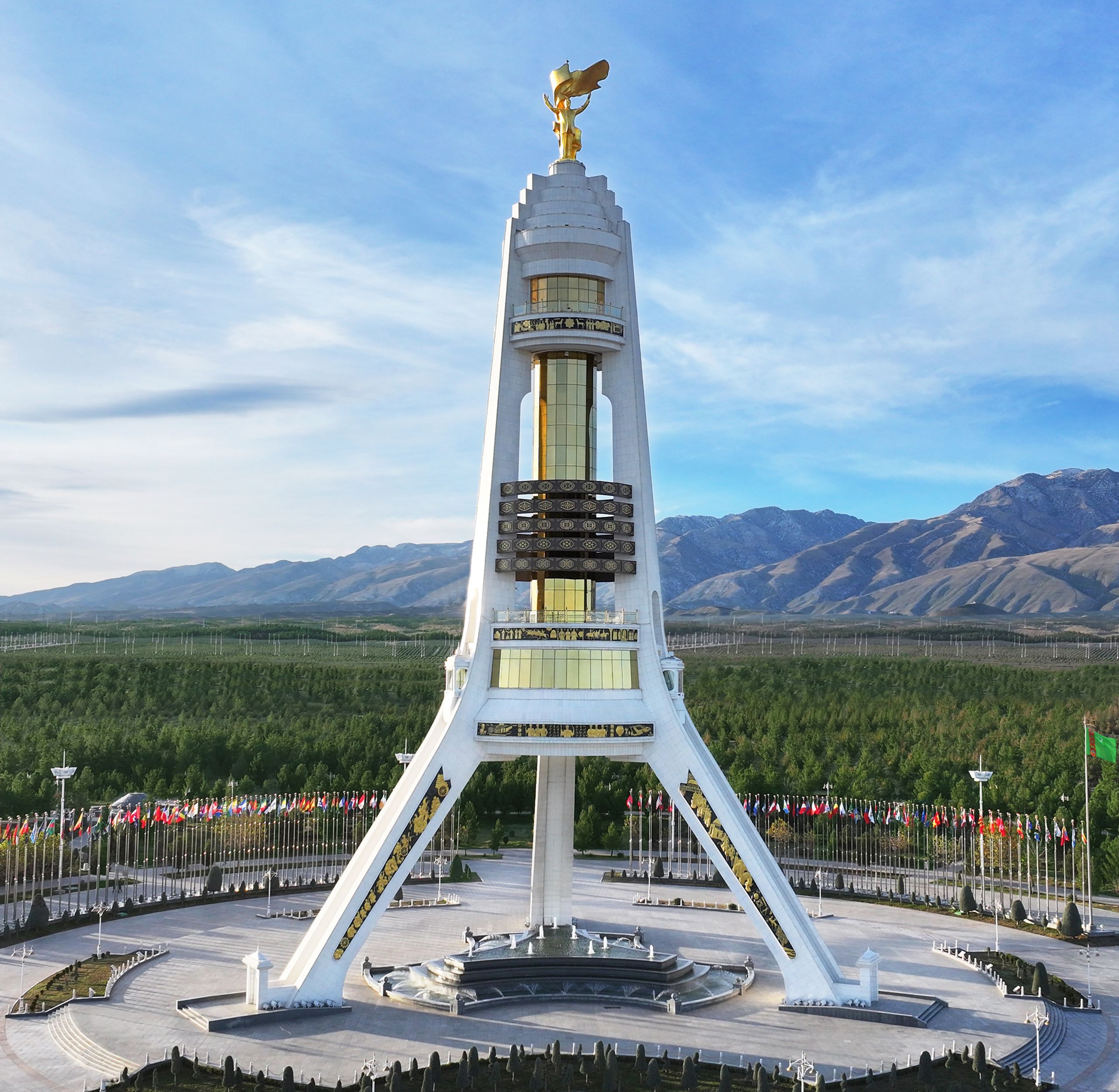
In this context, it is worth highlighting the adoption of the Resolution ‘2025 - International Year of Peace and Trust,’ at the initiative of Turkmenistan. It demonstrates the aspiration to unite the global community in the name of peace and trust, which are universal values requiring international cooperation, global initiatives and regional efforts.
The stages of recognition and development of Turkmenistan’s policy of permanent neutrality demonstrate that this status is a unique model, based on a combination of economic pragmatism and the proactive use of neutrality in international relations. During its practice, Turkmenistan has proved clearly and unambiguously the viability and huge potential of this model as a tool for building international sustainable peace.
In 2025, the ‘International Year of Peace and Trust’, the third recognition of the status of permanent neutrality clearly demonstrated the worthy continuation of this policy, alongside the steady growth of our country’s international standing, and the broad support for our efforts to ensure global peace.
This was another confirmation that Turkmenistan’s policy of permanent neutrality and its overall foreign policy model – which is flexible and adaptable to the evolving realities of the modern world – has rightfully earned broad international recognition as an instrument for ensuring peace, harmony, and sustainable development.
Today, Turkmenistan participates in existing regional and global cooperation frameworks and proposes to create new instruments and platforms for multilateral cooperation.
Under the guidance of the National Leader of the Turkmen people and the Chairman of the Halk Maslahaty, Gurbanguly Berdimuhamedov, and our esteemed President Serdar Berdimuhamedov, Turkmenistan pursues a peaceful foreign policy, establishes friendly relations with all countries on principles of equality, mutual respect and mutually beneficial cooperation and practices non-interference in the internal affairs of other countries. We have managed to build up equal and confidential relations with leading world nations, as well as with our nearest neighbours.
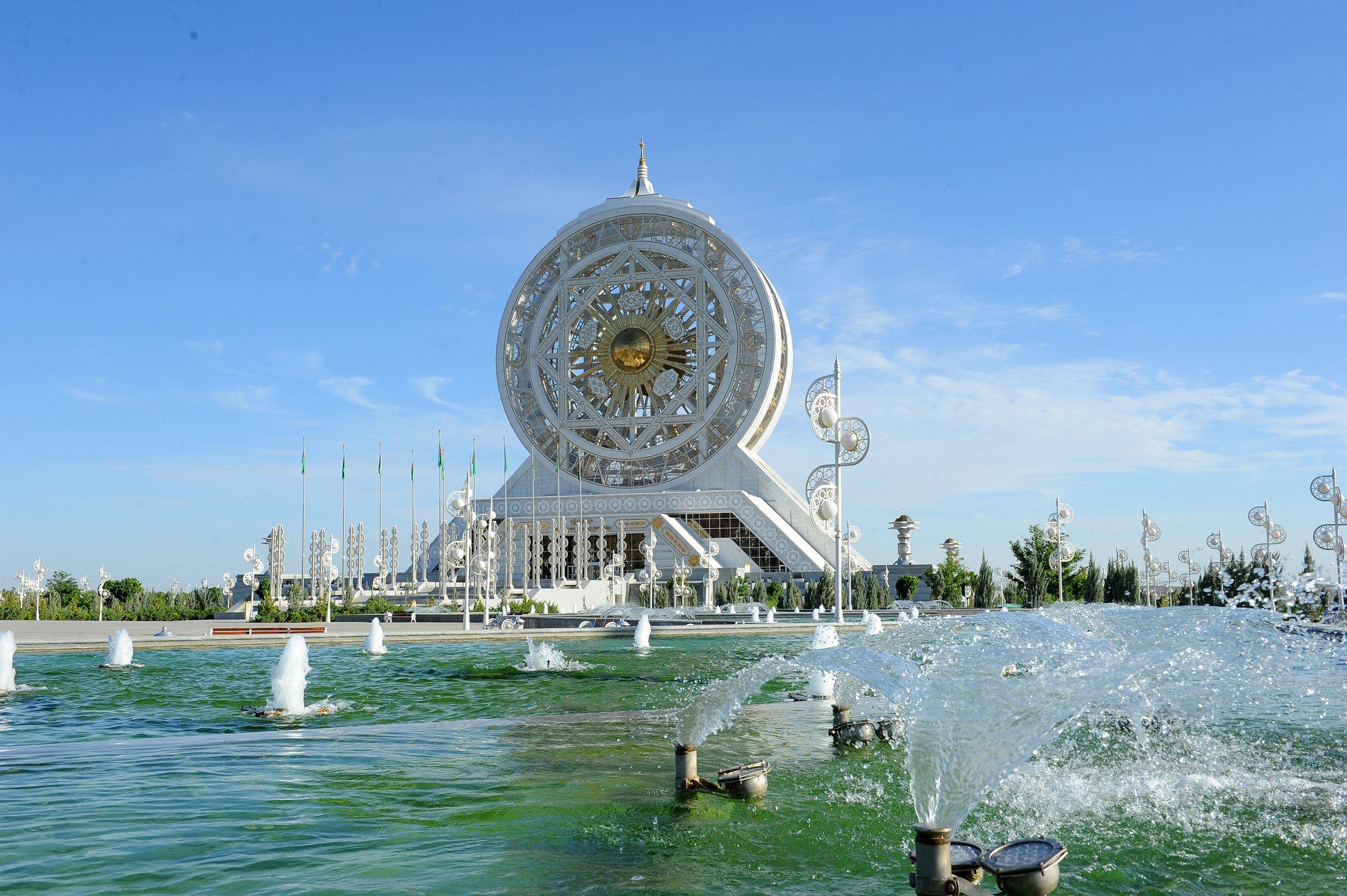
Close cooperation with numerous countries and international organisations – such as the UN, the Organisation for Security and Cooperation in Europe, the EU, the Organisation for Economic Cooperation, UNESCO and UNICEF – is a key priority of Turkmenistan’s foreign policy.
Turkmenistan’s neutrality status contributes to the country’s economic development, and its transformation into one of the most active subjects of political processes in the region, strengthening security and stability in Central Asia and Caspian Basin.
In recent years, our country chaired international organisations such as the International Energy Charter, the International Fund for Saving the Aral Sea, and the Commonwealth of Independent States.
In many areas, Turkmenistan acts as the initiator of new forums. For example, the UN’s First Global Conference on Sustainable Transport convened in Ashgabat in 2016.
In 2019, Turkmenistan gathered the Caspian countries to the First Caspian Economic Forum. The final document of the first Caspian Economic Forum was adopted at the 73rd session of the UN General Assembly.
Through these platforms, Turkmenistan promotes principles of friendship and cooperation and actively spreads the idea of denuclearisation and demilitarisation in international politics.
The Independence monument in Ashgabat
The Independence monument in Ashgabat
Turkmenistan’s development of the concept of neutrality is further strengthened by close collaboration with other neutral states such as Austria and Switzerland. As neutral countries, they cooperate in the context of international organisations to promote neutrality policy in the world and support Turkmenistan’s initiative to establish the Group of Friends of Neutrality for Peace and Security in the UN.
The future of Turkmenistan’s neutrality policy looks bright because it is based on a thorough understanding of our nation’s peaceful aspirations and a rigorous analysis of current affairs. Our country will continue to strengthen a culture of peace and trust around the world, in response to the need for stronger collaboration among countries.
During the September 2019 UN General Assembly, Turkmenistan – together with 72 countries – co-authored the resolution ‘International Year of Peace and Trust, 2021,’ as a means of mobilising international efforts to promote peace and trust among nations based on political dialogue, mutual understanding and cooperation to build sustainable peace, solidarity and harmony.
Through its political course and dynamic development, independent Turkmenistan has proved that neutrality is not merely a political declaration but a strategic choice that determines the nation’s development model. Today, neutrality stands not only as a foreign policy direction but also as an integral component of the national identity of the Turkmen people.
Drawing upon Turkmenistan’s key foreign policy initiatives and the three UN General Assembly Resolutions, it can be concluded that the 30-year journey taken by our country towards worldwide recognition as a permanently neutral state has been marked by distinct stages of establishment and development.
Turkmenistan’s neutrality status contributes to the country’s economic development, and its transformation into one of the most active subjects of political processes in the region, strengthening security and stability in Central Asia and Caspian Basin.
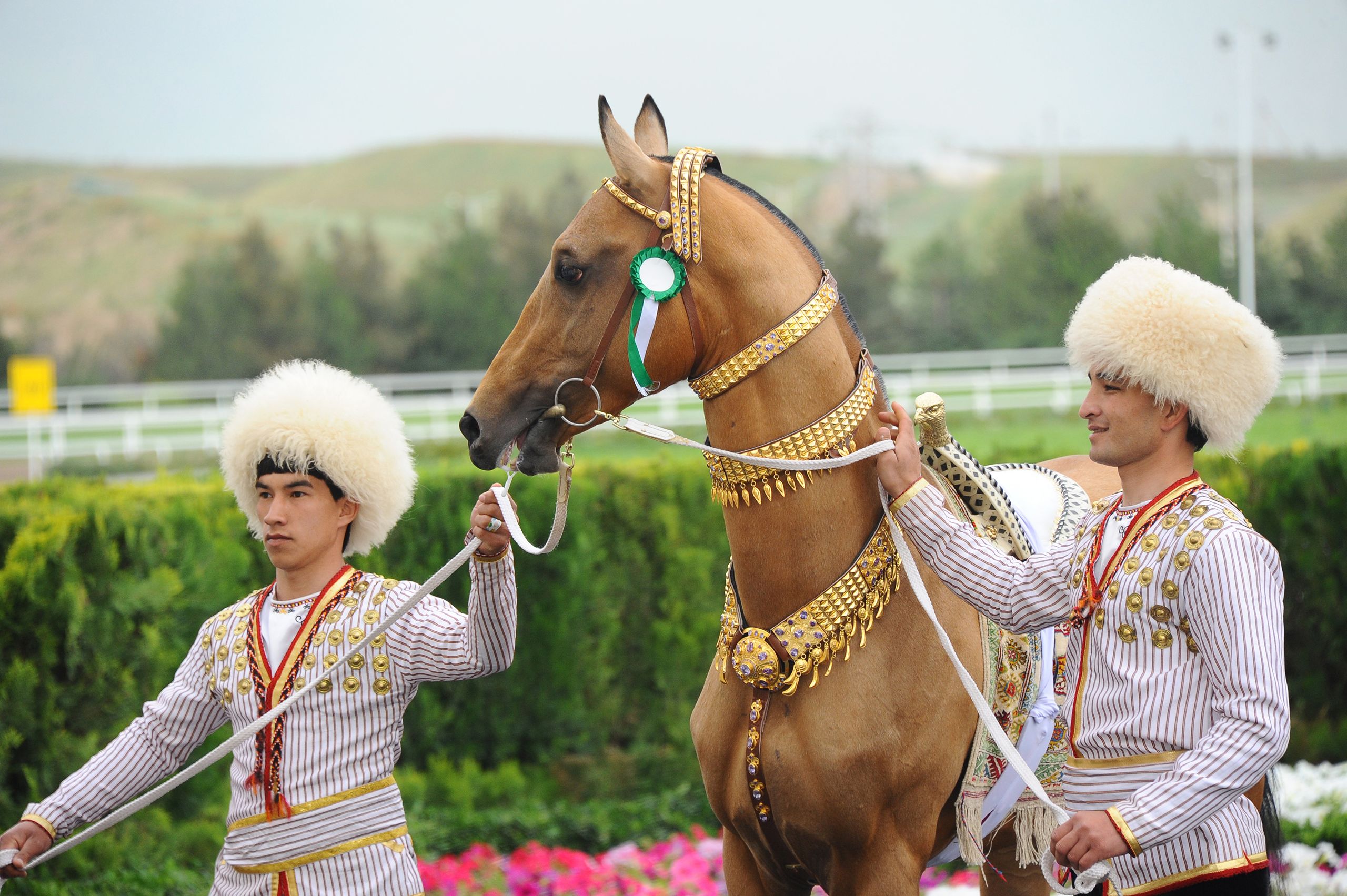
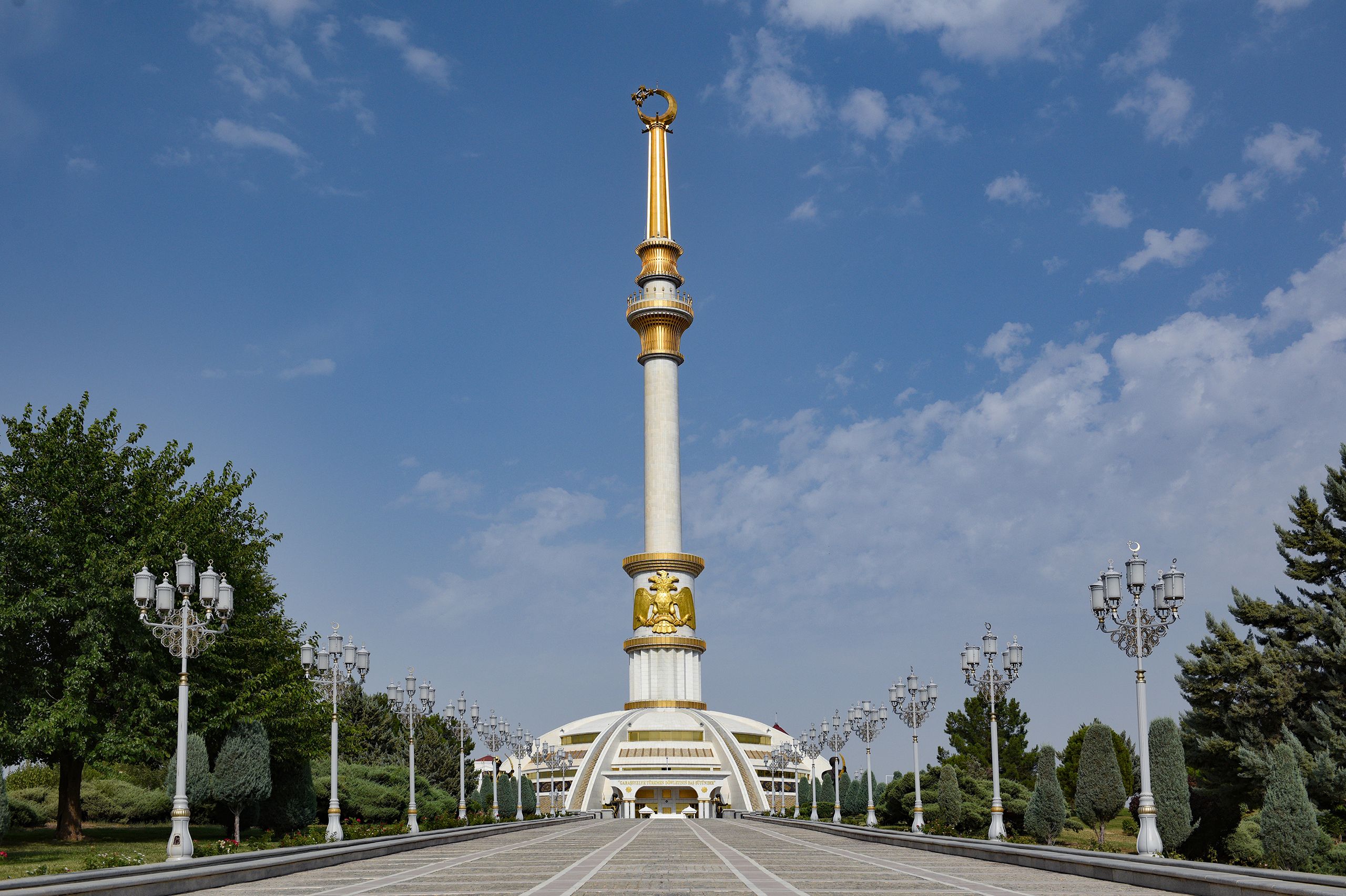
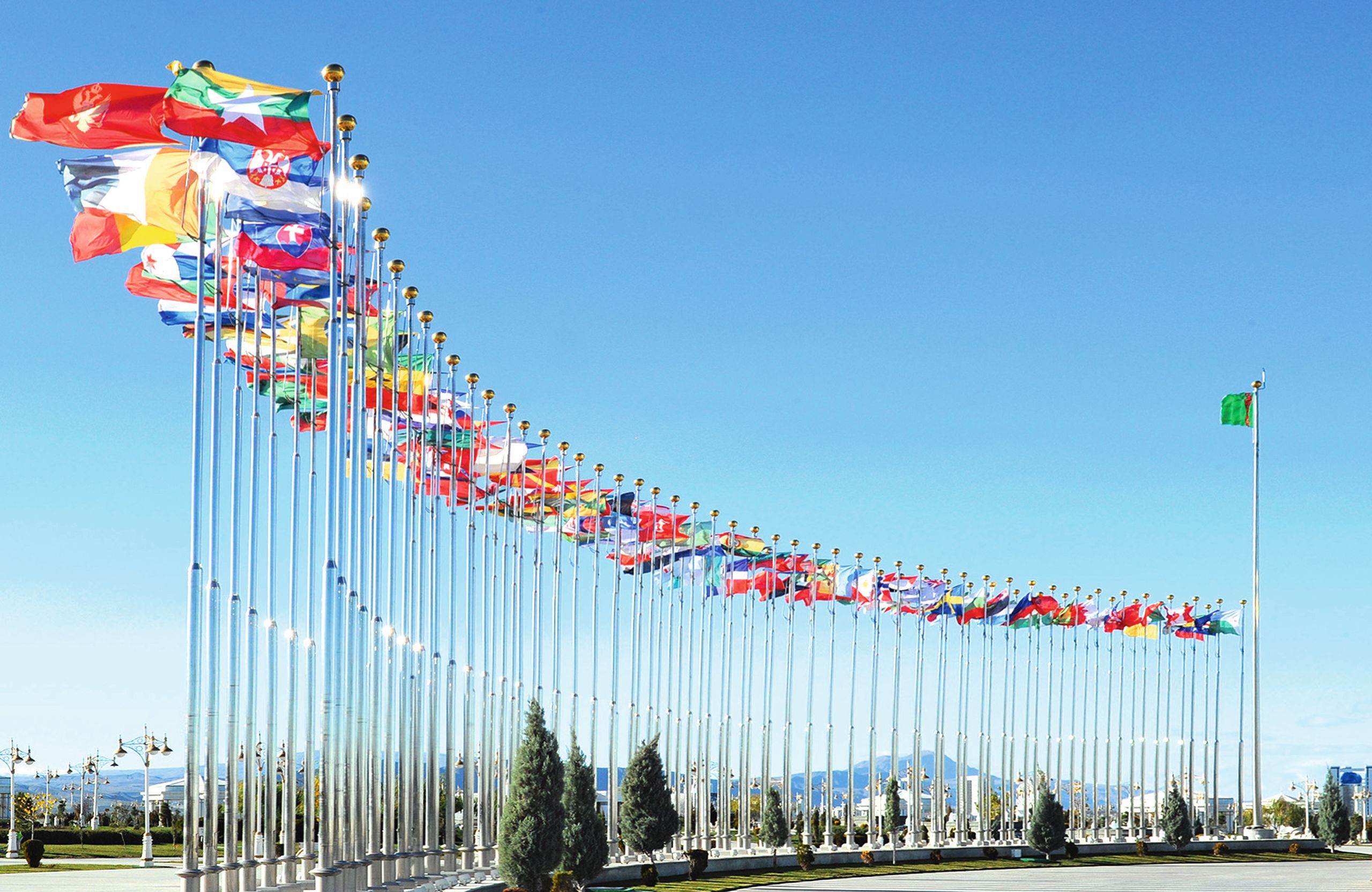
Turkmenistan’s neutrality is not only a national value but a global one—an essential condition for strengthening peace and mutual trust. Neutrality is a doctrine that fosters peace across the world, encourages friendship, brotherhood and unity, and advocates our humanitarian principles.
By practicing neutrality, our country continues to prove that peacefulness, and good neighbourliness have been and remain the cornerstones of our foreign policy.
Concrete evidence of this includes the work of the UN Regional Centre for Preventive Diplomacy for Central Asia in Ashgabat, the establishment of the Turkmenistan-UN Strategic Advisory Council, and dozens of resolutions adopted at our country’s initiative on important issues on the international agenda.
Landmarks on the Ashgabat skyline: the 185m high Constitution Monument, the Monument of Neutrality, and the Ministry of Foreign Affairs of Turkmenistan
Landmarks on the Ashgabat skyline: the 185m high Constitution Monument, the Monument of Neutrality, and the Ministry of Foreign Affairs of Turkmenistan
Turkmenistan cooperates extensively with countries and international organisations around the world for the good of all humankind. It actively engages in the implementation of political, trade and economic, transportation, scientific and technical projects, as well as cultural and humanitarian programmes. Our country offers comprehensive support for peace, sustainable development, and the strengthening of global security and stability.
Turkmenistan is widely known across the world as a nation of unity, friendship, brotherhood, peace, and good neighbourliness.
In conclusion, Turkmenistan is looking forward to the forthcoming international forum dedicated to the International Year of Peace and Trust and 30th Anniversary of Neutrality of Turkmenistan on 12 December this year in Ashgabat. The high-level symposium will serve as a platform for the international community to discuss the potential of neutrality policy as an effective instrument of international peace, and key issues of international politics, sustainable development, humanitarian cooperation and other matters on the global agenda.

